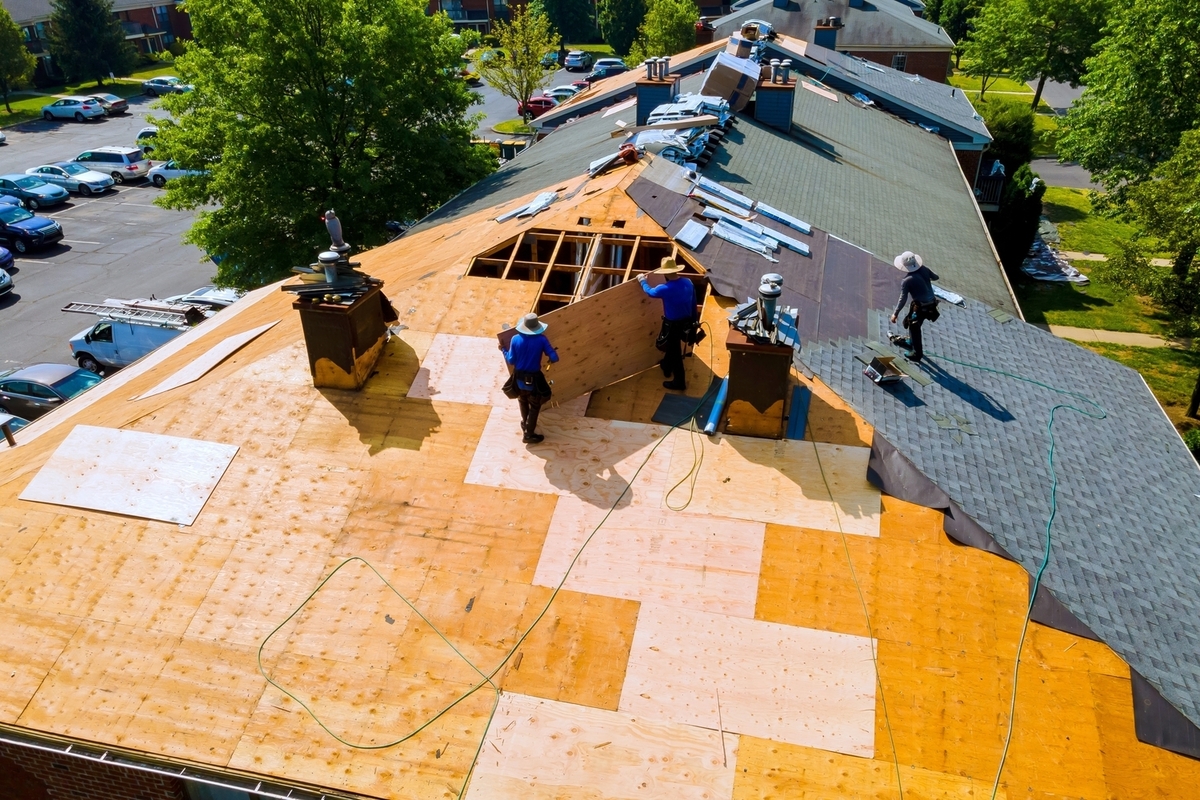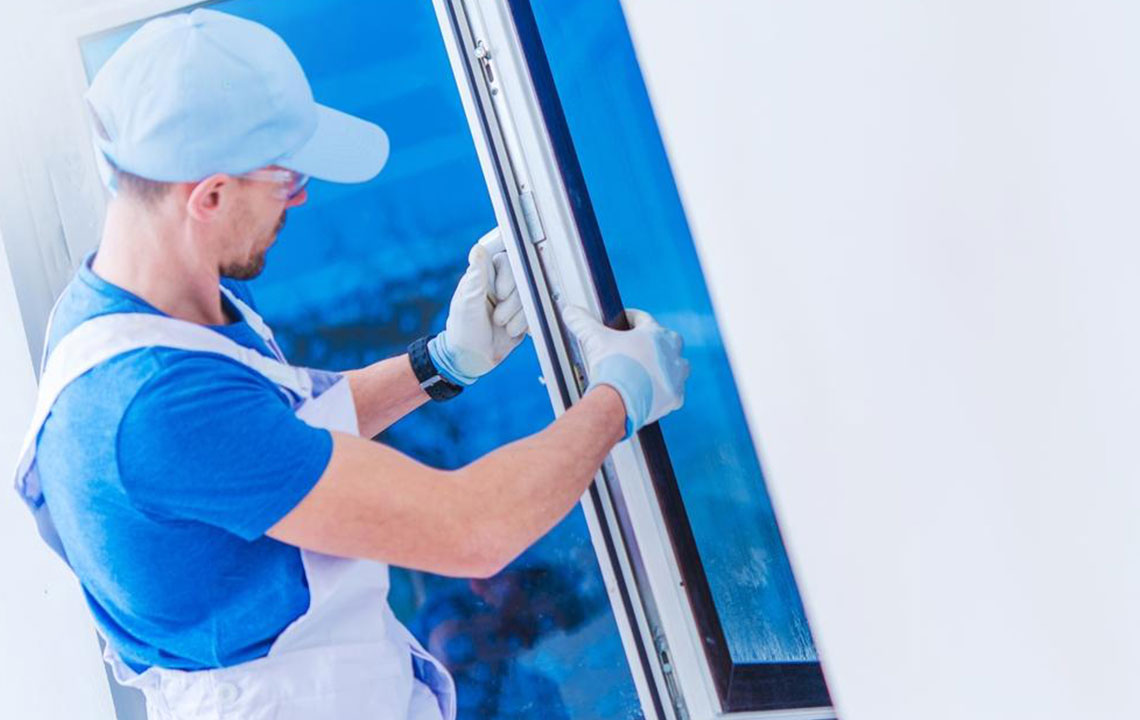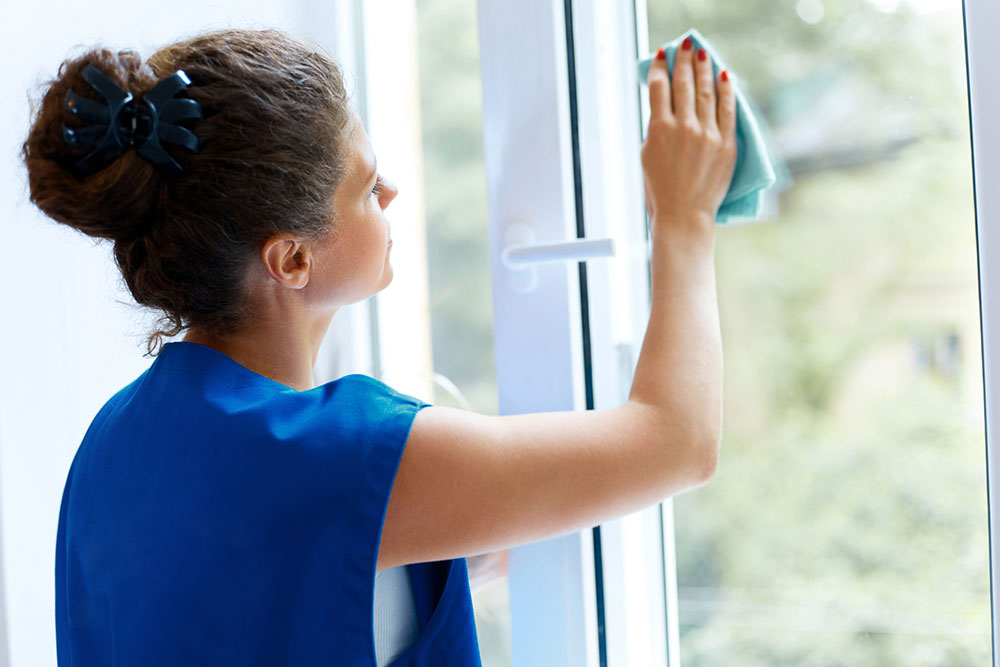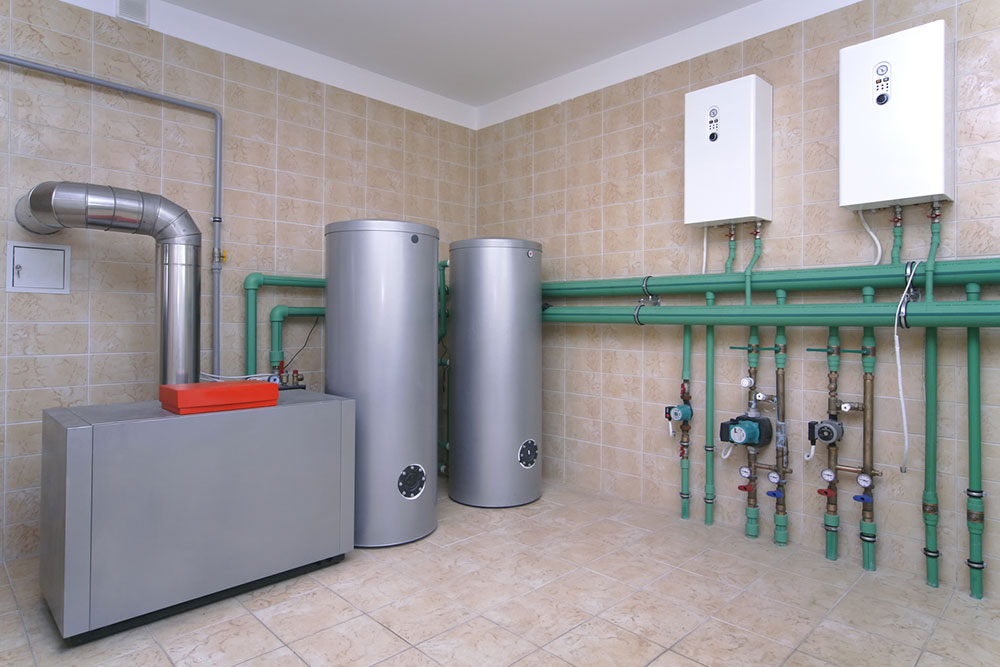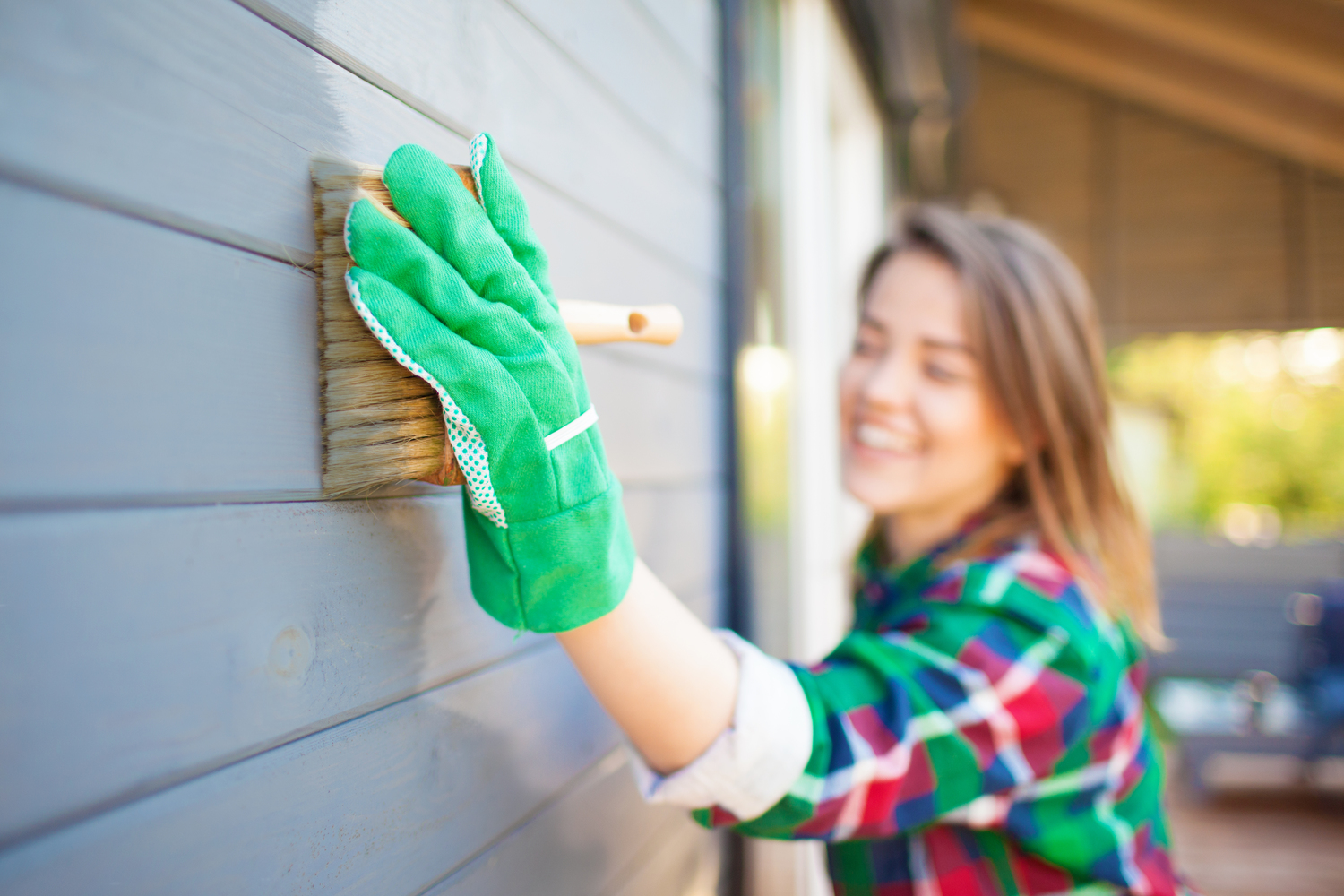Comprehensive Guide to Conservatory Roof Options, Materials, and Advantages
Discover the essential types, materials, and benefits of conservatory roofs in this comprehensive guide. Learn how to choose the right roof to enhance your home's aesthetics, insulation, and value, whether you prefer glass, polycarbonate, solid, or hybrid options. Upgrade your conservatory today for better energy efficiency, durability, and style, making it a versatile and attractive space all year round.
Sponsored
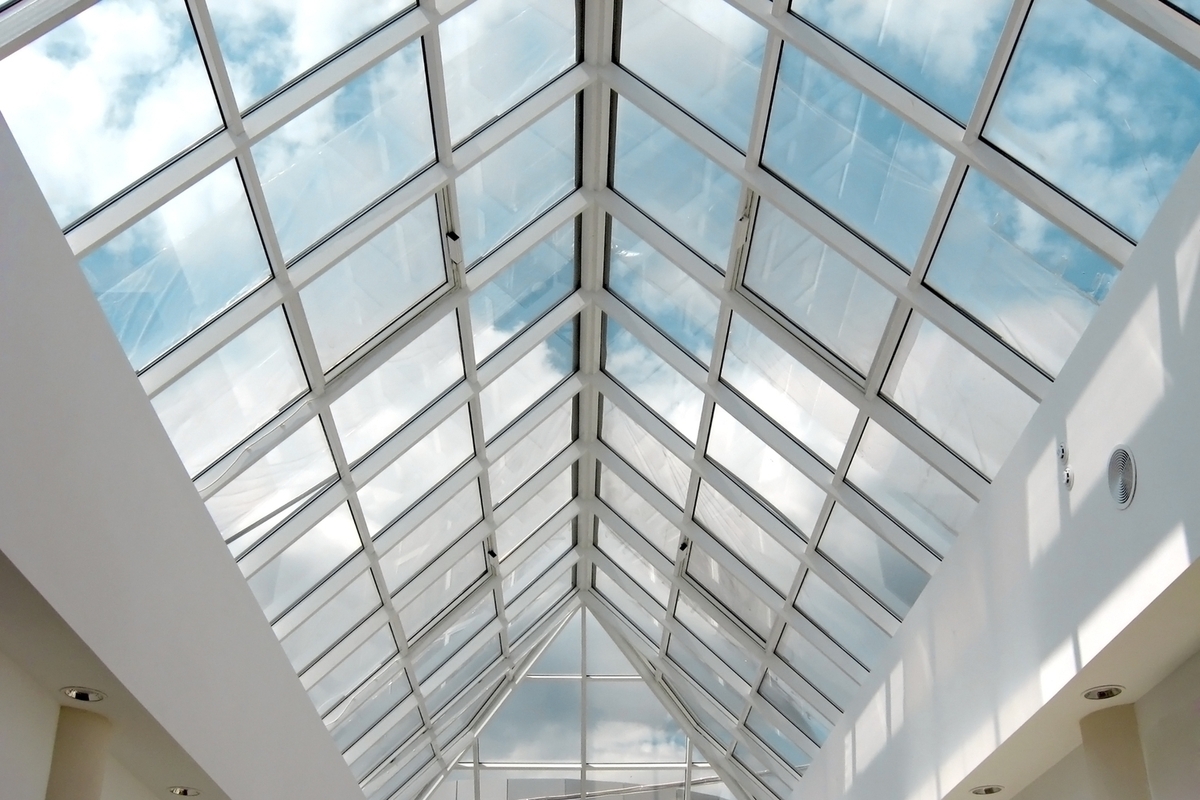
Exploring Conservatory Roof Styles, Materials, and Benefits
A conservatory adds brightness and space to any home, serving as a relaxing area, dining spot, or a greenhouse for your plants. The roof is a vital element impacting its appearance, insulation, and durability. This guide covers different conservatory roof types, the materials used, and their advantages. Whether constructing a new space or updating an existing one, understanding these options helps in making an informed decision for a functional and attractive addition to your home.
Types of Conservatory Roofs
1. Glass Roofs
Glass roofs are a timeless choice, known for allowing maximum sunlight, creating an open, vibrant atmosphere that connects indoor space with the outdoors. Advances in glazing include double or triple panes for better insulation.
Benefits:
Maximum daylight
Enhanced with UV filters and self-cleaning coatings
Strong insulation with modern designs
Drawbacks:
Higher initial investment
Possible heat loss in winter and overheating in summer without proper glazing
2. Polycarbonate Roofs
Polycarbonate is a cost-effective, lightweight alternative offering reasonable durability and insulation. Available in various thicknesses and colors, it provides some customization options.
Advantages:
Affordable
Lightweight and straightforward to install
Impact-resistant and durable
Disadvantages:
Inferior insulation compared to glass
Can discolor or scratch over time
3. Solid Roofs
Solid roof options, often made from tiles or slate, are becoming increasingly popular due to their excellent insulation and privacy benefits. They can incorporate skylights for natural light input.
Advantages:
Superior insulation and energy efficiency
Enhanced privacy
Seamless aesthetic with home's existing roofing
Drawbacks:
Higher costs and more complex installation process
Less natural light than glazed options
4. Hybrid Roofs
Hybrid designs combine glass and solid panels, offering a blend of natural light and insulation. These versatile structures often feature interspersed glazed and solid sections.
Advantages:
Optimal balance of light and insulation
Flexible design possibilities
Better energy efficiency
Drawbacks:
Generally more costly
Installation tends to be more intricate
Materials for Conservatory Roofs
1. Tempered Glass
Favored for its strength and safety, tempered glass withstands impact and thermal stress. It can also be treated for energy efficiency.
Benefits:
Resistant to impacts and thermal shocks
Safe and durable
2. Polycarbonate Sheets
A lightweight, tough plastic, polycarbonate is popular in budget-friendly conservatories with multiple thickness options.
Benefits:
Lightweight and easy to handle
Cost-effective and impact-resistant
3. Tiles and Slates
Used on solid roofs, these materials provide effective insulation and aesthetic appeal. They can match existing roofing for a unified appearance.
Benefits:
Excellent thermal properties
Long-lasting and visually attractive
4. PVCu
Unplasticized polyvinyl chloride (PVCu) offers durability, low maintenance, and compatibility with various roofing systems.
Benefits:
Low upkeep
Cost-effective and versatile
Advantages of Upgrading Your Conservatory Roof
1. Better Energy Performance
Upgrading reduces heat loss and overheating issues, making your conservatory comfortable year-round and lowering energy bills with modern insulation.
2. Enhanced Visual Appeal
A new roof can improve your home's external look, matching architectural features and increasing curb appeal.
3. Increased Property Value
A modern, efficient roof can boost your home's market value and attractiveness to potential buyers.
4. Sound Insulation
New roofing materials help diminish external noise for a quieter, more peaceful internal environment.
5. Longevity and Reduced Maintenance
High-quality materials ensure durability and require fewer repairs, extending the lifespan of your conservatory.
Choosing the best roof option impacts your conservatory’s usability, aesthetics, and energy efficiency. Consider your budget, style, and functional needs to select the ideal roofing solution. Consult professionals for tailored advice and the latest innovations, ensuring your conservatory remains a beautiful, comfortable, and energy-efficient addition for years to come.

